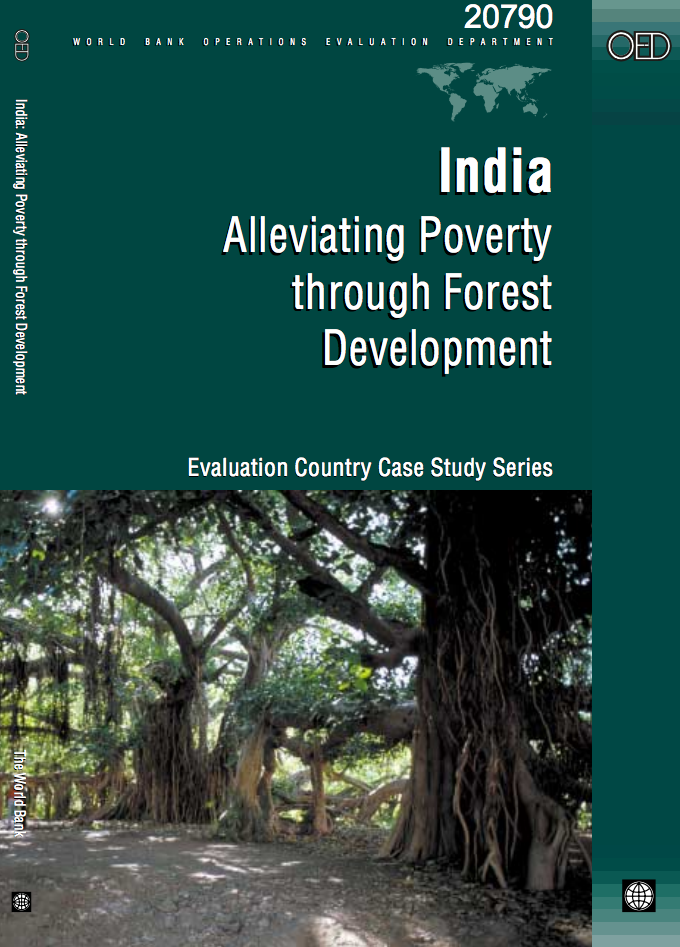Greenhouse Gas Mitigation Options in the Sri Lanka Power Sector
This study examines a broad selection of
sustainable transport sector policy options from the
standpoint of a common set of consistently defined
attributes. Ideally, sustainable transport development
should focus on the economic, environmental and social
dimensions of sustainable development. However, in this
volume, the first two aspects receive greater attention. The
social dimension is examined mainly from the equity


